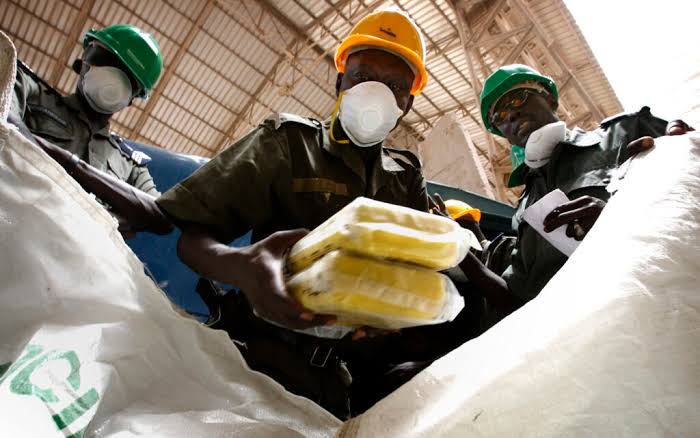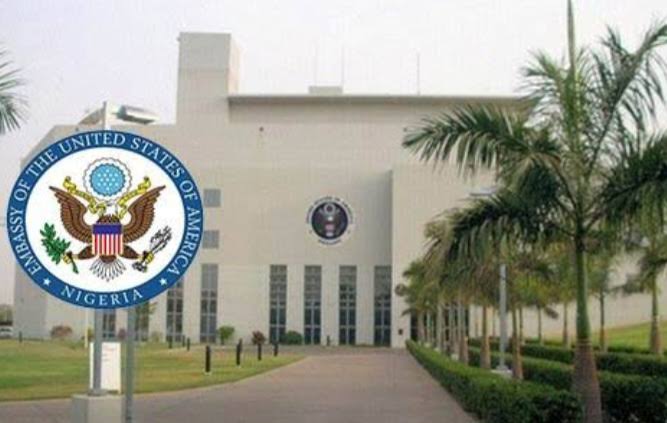
Faith Nyasuguta
The United States Mission in Nigeria has raised fresh concerns about security in the country, issuing a new advisory warning American citizens to avoid unnecessary travel to military and government facilities, particularly in Abuja. The alert, dated September 2, 2025, urges caution amid what U.S officials describe as heightened risks around sensitive sites.
This latest advisory is not the first of its kind. It comes after a series of warnings earlier in the year, including one in May after an explosion near Mogadishu Barracks along the Mararaba-Nyanya bypass, and another in June reiterating restrictions for U.S personnel. In each case, the Embassy stressed that staff and American citizens should only visit military or government facilities for official business.
The mission’s statement underlines that the restrictions are preventative rather than reactive. “The measure aligns with ongoing efforts to safeguard American nationals and diplomatic staff in high-risk areas,” the advisory noted, pointing out that broader global security trends also influence its warnings.
Recommended Safety Measures For U.S. Citizens
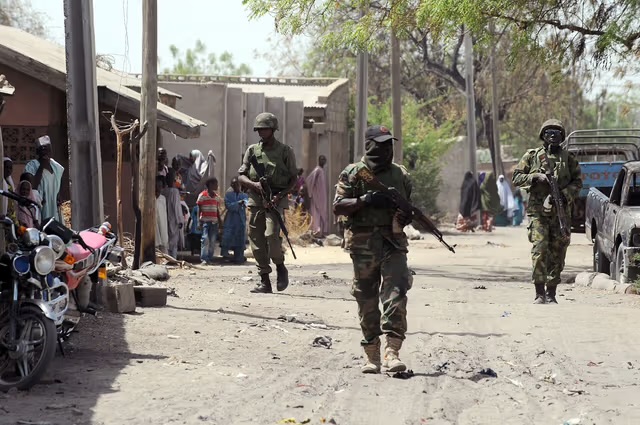
In the September alert, the U.S Mission listed several practical steps for citizens in Nigeria to adopt. Travelers are advised to remain vigilant in public spaces, especially in locations frequented by Westerners, expatriates, or government officials. The advisory also recommends avoiding large gatherings, limiting non-essential travel, and varying daily routes and schedules to avoid predictability.
Additionally, U.S citizens are urged to familiarize themselves with emergency exits in public buildings and regularly review personal security plans. Embassy officials stressed that while these steps may appear routine, they could prove critical in an emergency.
The renewed warning highlights Washington’s continuing unease about potential threats, particularly in Abuja, where military and government facilities have been singled out as high-risk areas.
Nigerian Government Pushes Back
Despite the U.S Mission’s caution, the Nigerian government maintains that the capital remains safe. Information Minister Mohammed Idris responded to an earlier June advisory by downplaying fears of insecurity. “The Federal Government of Nigeria has taken note of the latest security advisory issued by the Embassy of the United States, restricting its staff and their families from non-official travel to military sites or other government facilities in the Federal Capital Territory (FCT), Abuja,” Idris said.
He added: “While Nigeria respects the right of foreign missions to issue advisories to their citizens, it is important to state categorically that Abuja remains safe for citizens, residents, and visitors alike.”
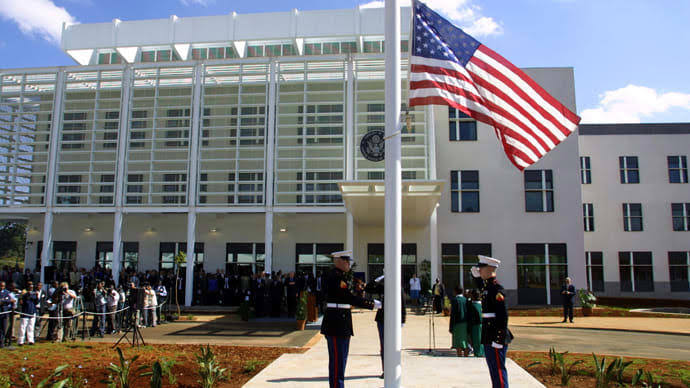
The minister further emphasized that Nigerian security agencies are “working tirelessly” to ensure the safety of residents in Abuja and across the country. Officials argue that such advisories often create unnecessary panic and do not reflect the realities on the ground.
Balancing Caution And Confidence
The diverging perspectives between Washington and Abuja reflect a delicate balance: while the U.S. feels compelled to take preventative measures for its citizens, Nigerian authorities seek to project confidence in the country’s security. For ordinary residents and foreign nationals living in Abuja, the truth likely lies somewhere in between.
As the U.S Mission continues to monitor the situation, its advisories will remain an important source of guidance for Americans in Nigeria. Meanwhile, the Nigerian government’s assurances highlight its desire to maintain public calm and defend the nation’s image at a time of heightened scrutiny.
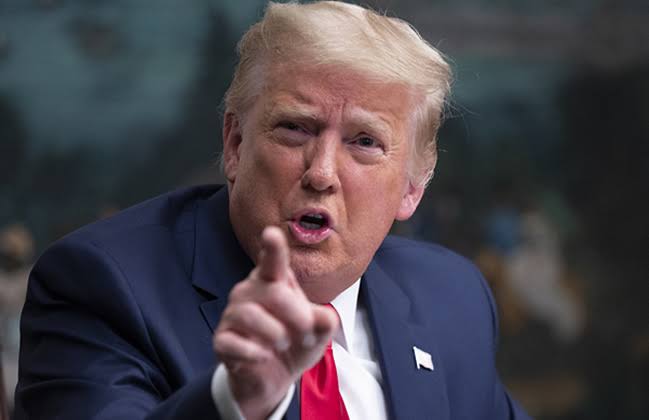
For now, U.S citizens in Nigeria are left navigating a tense environment where caution and reassurance intersect, and where personal safety depends as much on vigilance as on trust in official guarantees.
RELATED:






